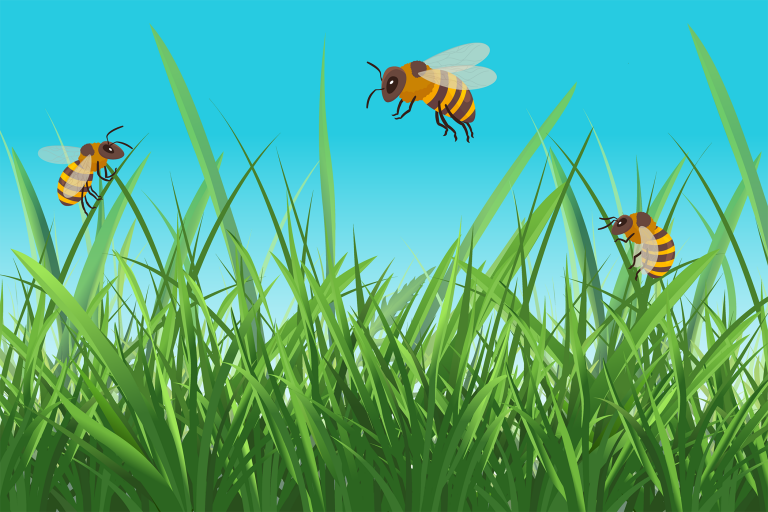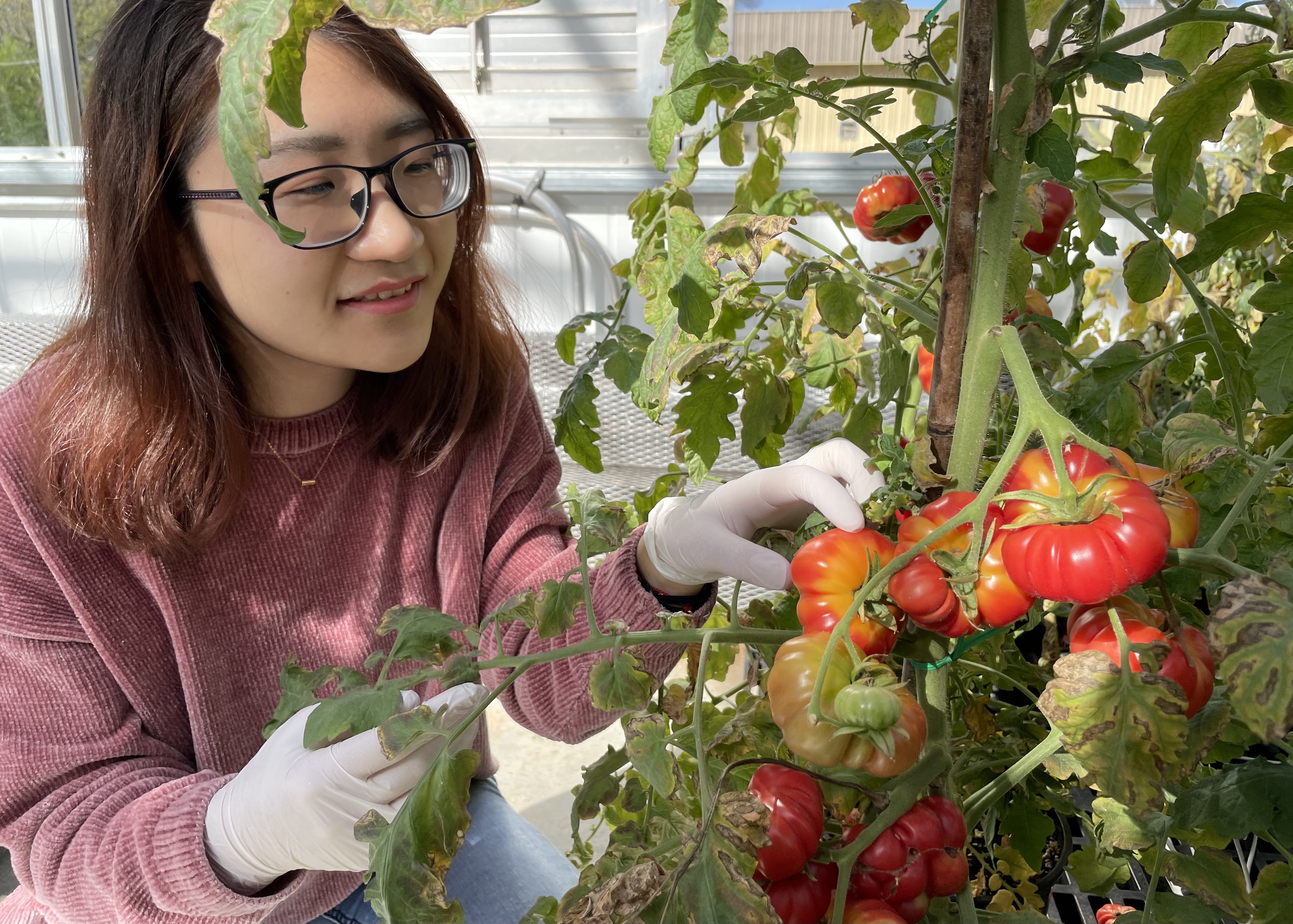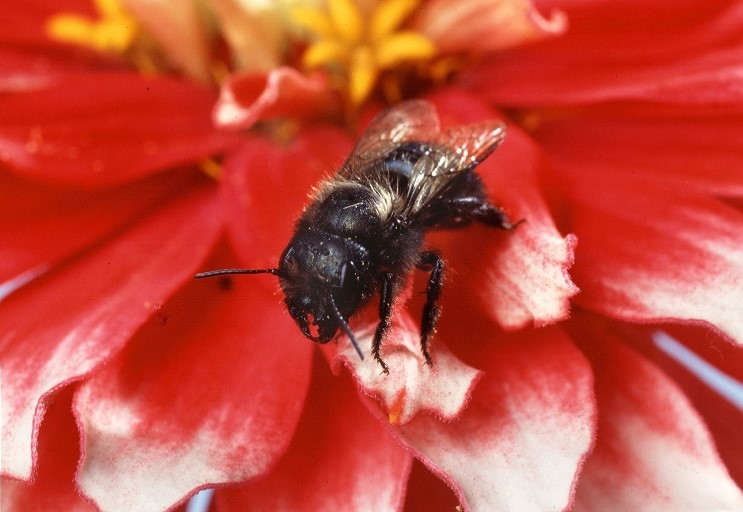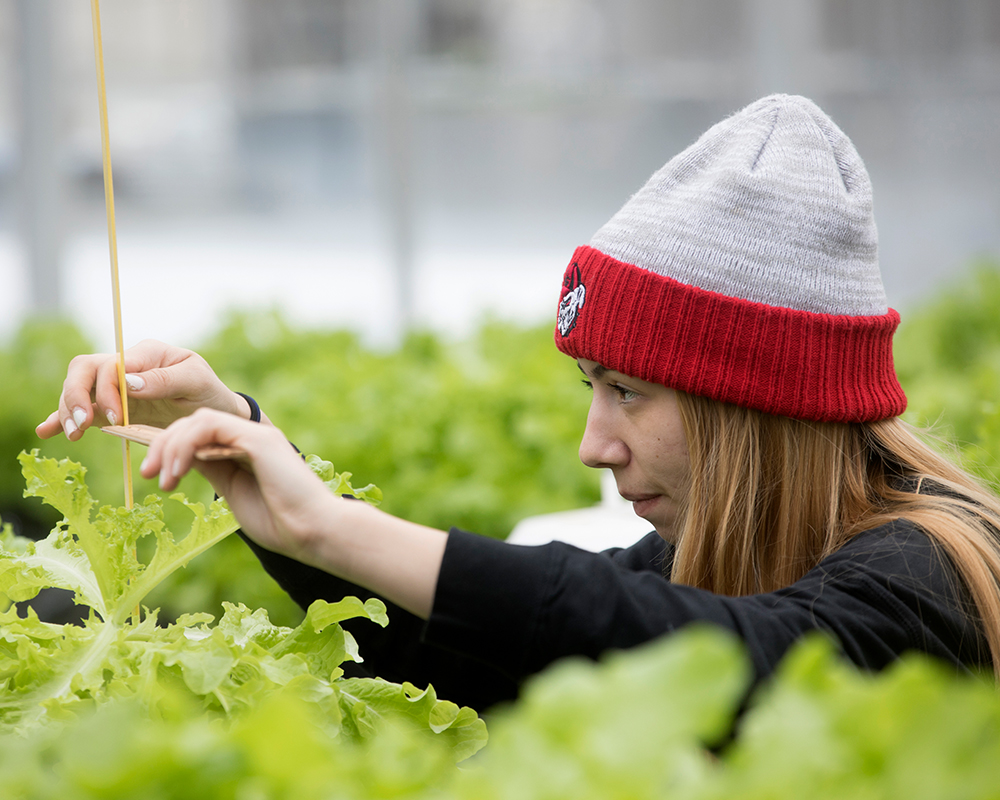 CAES News
CAES News
CAES undergraduate student researchers showcase results at annual event
The 2021 College of Agricultural and Environmental Sciences Undergraduate Research Symposium drew 48 participants in a virtual format that showcased students’ research findings and provided cash awards to eight first- and second-place winners.


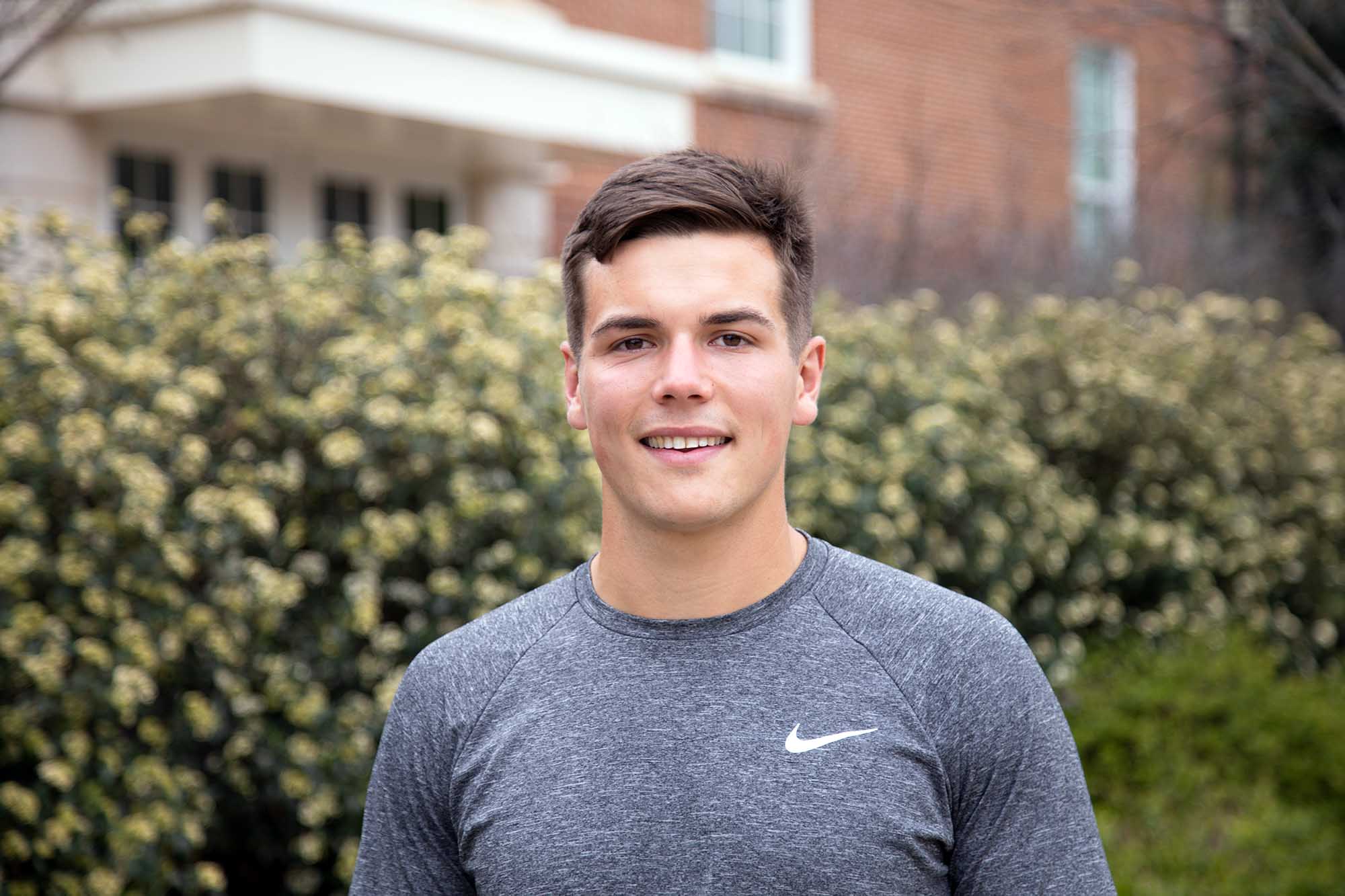
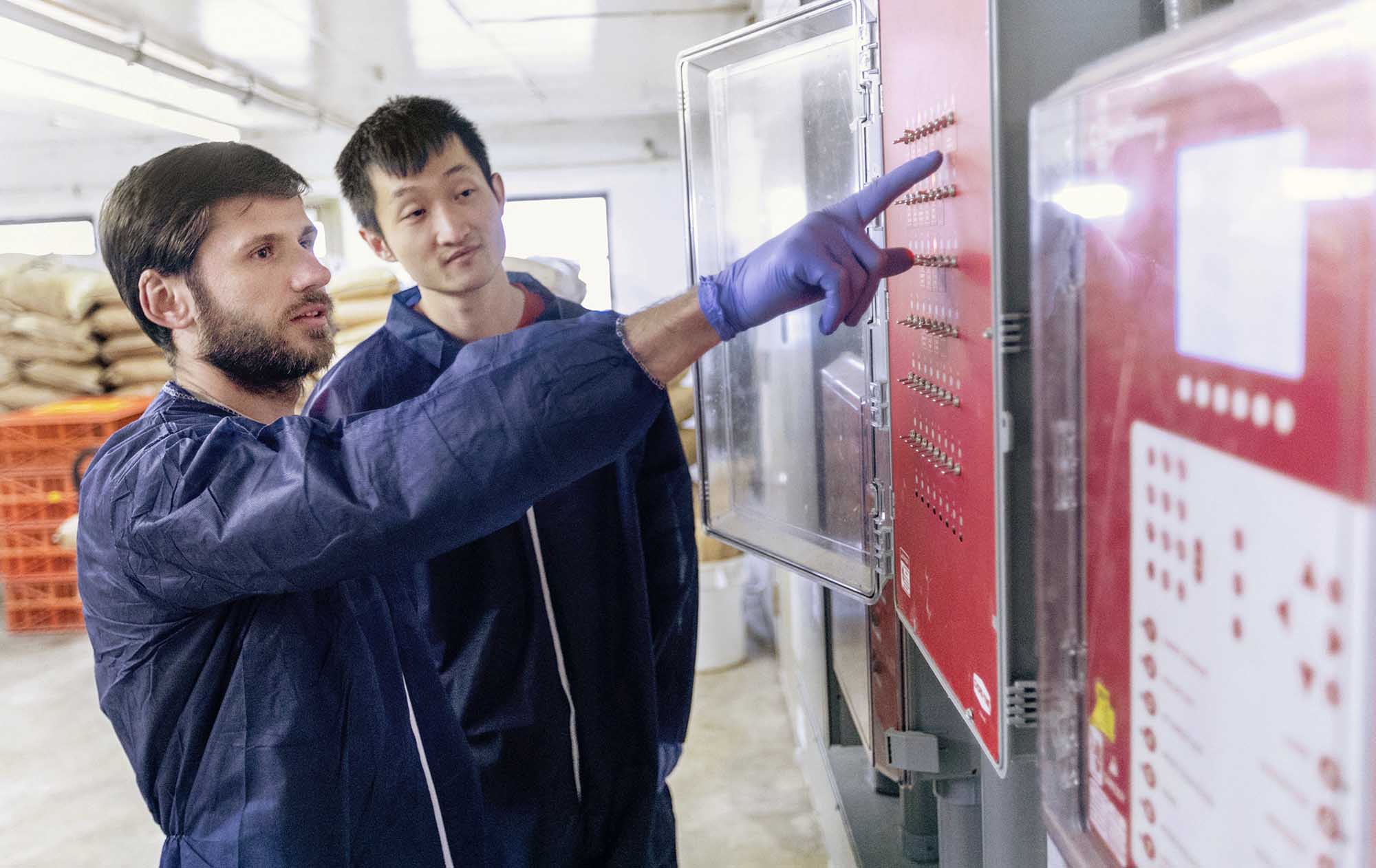
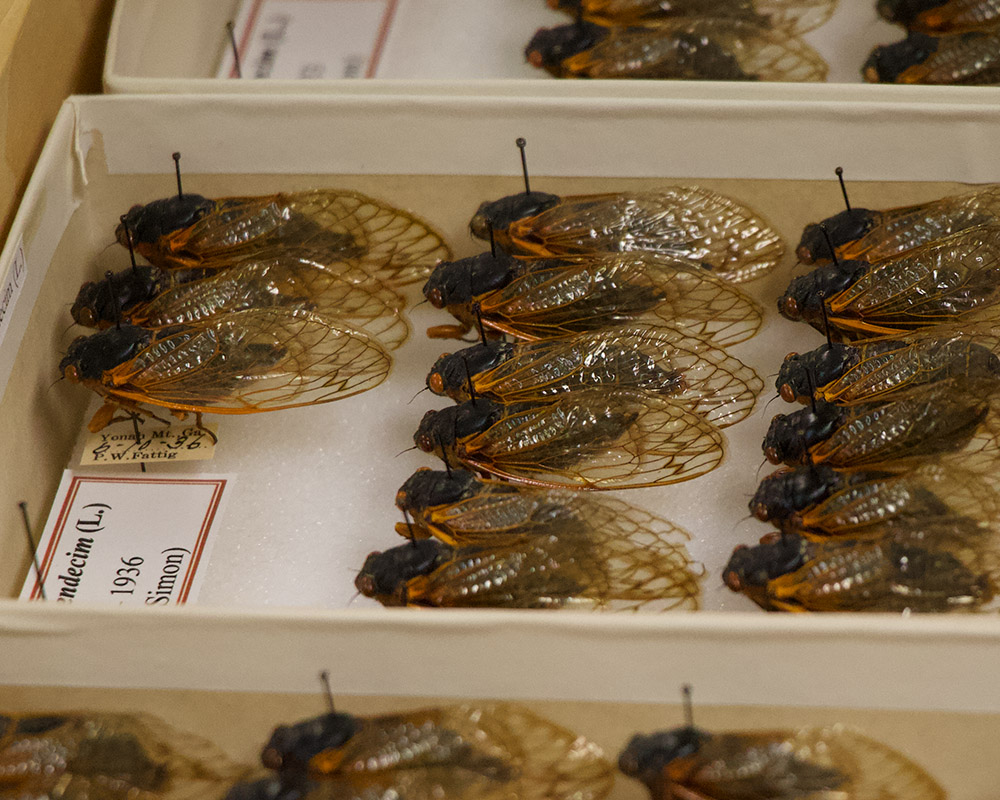
.jpg)
